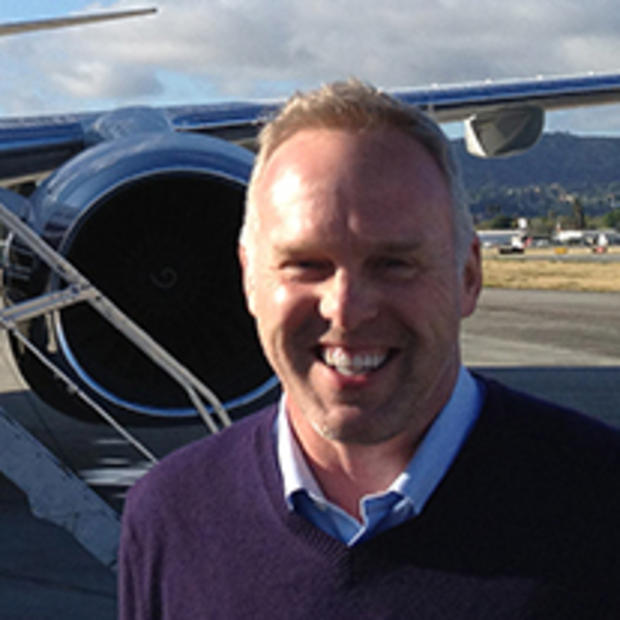As the Seattle City Council moves to follow Bellingham's lead and ban single-use plastic bags, the American Chemistry Council affiliates that defeated Seattle’s 2009 plastic bag fee are organizing to defeat or fend off municipal bans at the state level in the upcoming legislative session.
Seattle City Councilmember Mike O’Brien is the primary sponsor of Seattle’s proposed ban and was joined by a council majority at the Seattle Aquarium Nov. 21 to launch the proposed new law, which also includes a mandate to charge a 5-cent fee for paper bags. With at least seven supporters on the Council and the support of Mayor Mike McGinn, the ban is expected to pass without difficulty in the coming weeks.
The draft legislation had its first hearing for public comment last week. All of the public comments were in support of the ban. During that meeting of the Utilities and Neighborhoods committee, which O’Brien chairs, Bellingham City Councilmember Seth Fleetwood noted that Bellingham's bag ban grew out of the larger “Bag It” movement that works to mobilize municipalities to stop the use of plastic bags.
For its part, the bag industry, which defeated an earlier measure requiring a 20-cent charge for disposable plastic and paper bags, appears to be punting on the matter at the city level while preparing to take it on aggressively at the state level. On Nov. 21, Seattle council members received a letter from Mark Daniels, an executive at South Carolina-based Hilex Poly Co., a manufacturer of plastic bags, opposing the ban but conceding on Seattle’s ban, saying, “we expect the proposed ban to unfortunately be approved.”
But Daniels’ and Hilex Poly’s role in the bag debate doesn’t stop there. Not mentioned in his letter is the fact that Daniels is also the chairman of The Progressive Bag Affiliates, which is “an entity within the American Chemistry Council that is dedicated to promoting the recycling of plastic bags and to advocating on behalf of plastic bags,” according to Jennifer Killinger of the Chemistry Council. The members of the affiliate group include Advance Polybag, Inc., The Dow Chemical Company, ExxonMobil Corporation, Superbag Corporation, Total Petrochemicals USA, Inc., and others.
The bag industry group is preparing to take the issue to the state level in the upcoming legislative session. According to Daniels, “We believe it would be better if there were a state solution for Washington, and we would rather see all stakeholders focus resources on fighting litter and increasing recycling in reasonable ways.”
It’s clear that from New York to South Carolina to Seattle, major resources are being marshaled and coordinated. At the Aquarium press conference, a representative from the Seattle office of Gallatin Public Affairs gathered press contacts and passed them to the giant New York PR firm Edelman, which then provided unsolicited media quotes to reporters from Daniels of Hilex Poly Co. The American Chemistry Council also referred inquiries to Daniels, as did Bruce Gryniewski of Gallatin Public Affairs's Seattle office. Gryniewski said that Gallatin is “doing work in the plastic bags area” and later added that “we are going to represent” Hilex Poly Co. “I think there is interest in a statewide recycling program”, said Gryniewski, presumably as an alternative to bag bans. That is the central framing that bag-ban opponents will take at the state level: get ahead of bag bans and focus on industry sponsored recycling and educational efforts in order to block bag bans.
“What they’re trying to do is the same thing they did in Oregon and California, which is a voluntary recycling approach,” says Heather Trim of the People for Puget Sound, one of the coalition groups working to enact bag bans. She says that industry groups in those states “were supposed to put a whole bunch of effort into it and very little of that has occurred. Our argument is: don’t generate the waste in the first place.” The city’s most recent estimate is that 82 percent of paper bags are recycled now while only 13 percent of plastic bags are recycled.
The strategies of both pro- and anti- camps have evolved since the last time the issue was center stage in Seattle. In 2009 the American Chemistry Council spent nearly $1.4 million to overturn Seattle’s $.20 bag fee legislation through the initiative process.
Bag ban proponents, led by Environment Washington, are working city by city and say that efforts are underway in Lake Forest Park, Mukilteo, and Olympia and that there is developing interest in Issaquah, Sammamish and Port Townsend in pursuing bag bans.
The next Seattle City Council hearing for public comment on the issue is 5:30 p.m. on Monday, Dec. 5 at Seattle City Hall.



